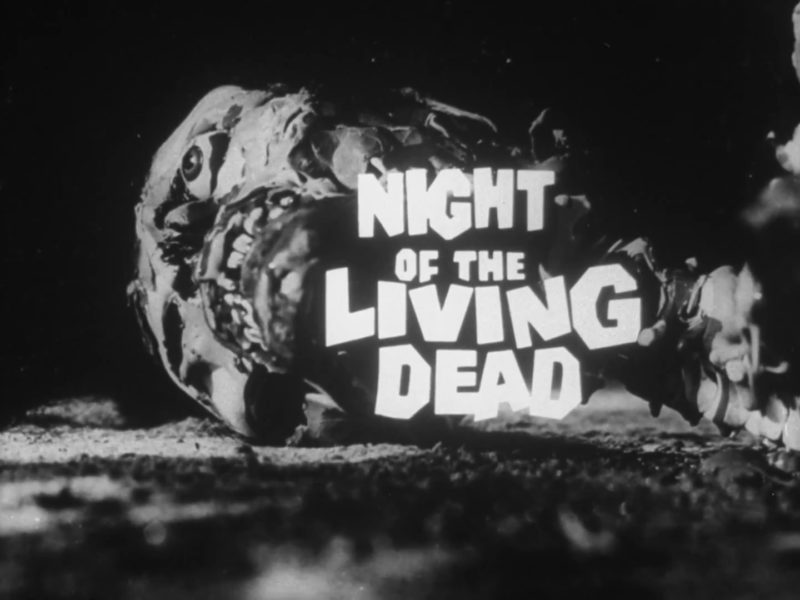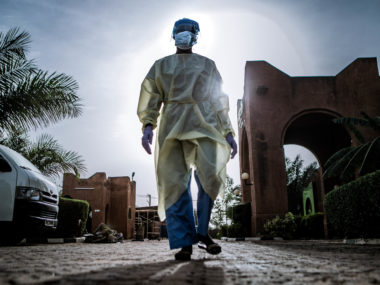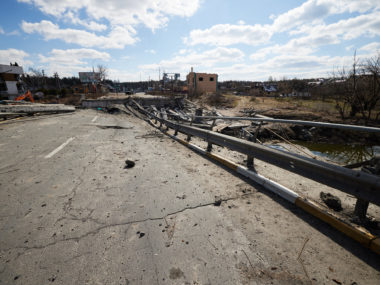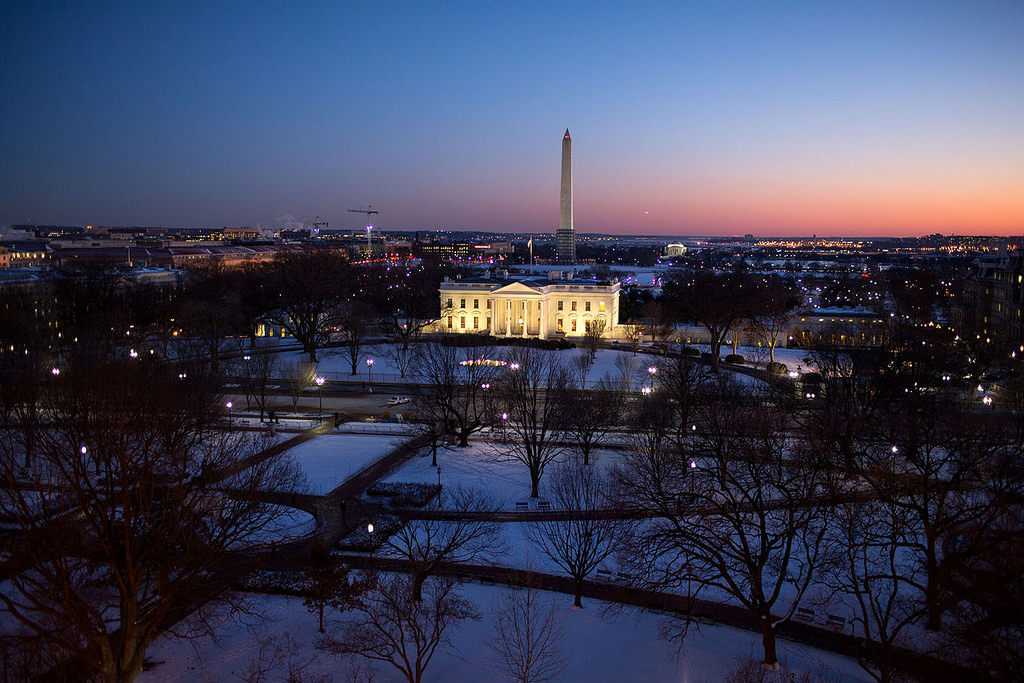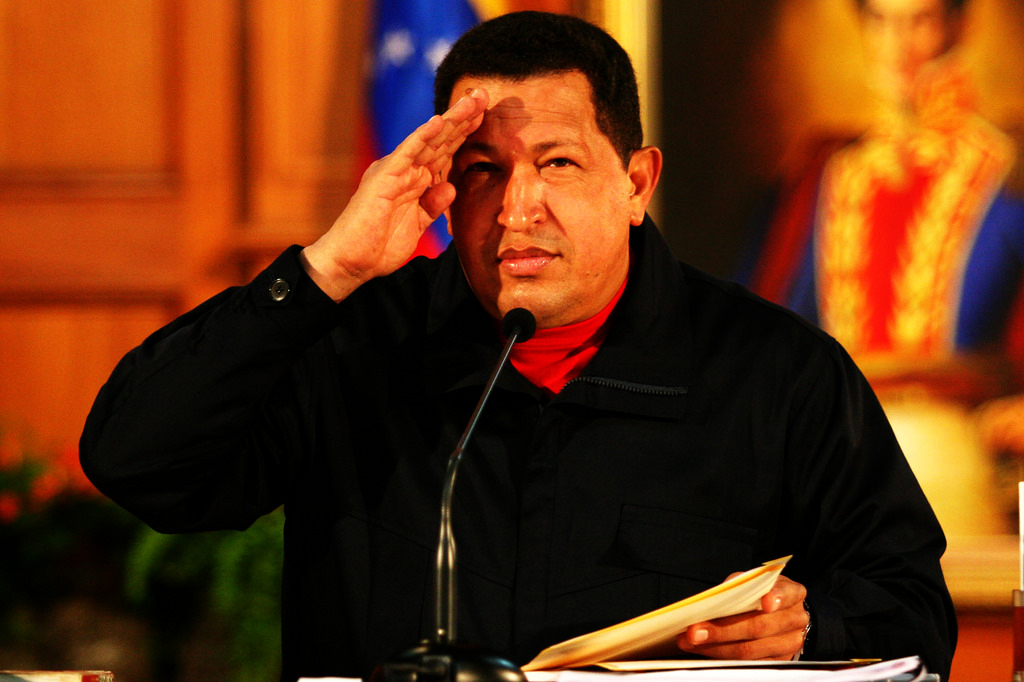Guest post by Philip Luke Johnson
During the COVID-19 pandemic, many have turned, perhaps counterintuitively, to films and television series about plagues, contagions, and zombies. The zombie genre was booming before the pandemic, but with even more attention to tales of the undead should we be concerned that all those zombies might rot our brains?
In a 2013 Political Violence At A Glance post, Joseph Young writes that the zombie genre encourages reductive, Manichean thinking: “us,” the humans against “them,” the unhuman. Manichean thinking simplifies the complex realities of conflict and violence, which never break down into anything so neat as a battle between good and evil.
However, a different read on the zombie genre shows that it can also promote critical and self-reflective thinking, especially about the prices societies are willing to pay—or to expect others to pay—for the sake of personal security.
What makes the zombie genre useful for thinking critically about crisis and security? Zombies, whether they run and rage, or slowly stagger, act with almost perfect consistency and predictability. They are a near-irresistible force that brings human communities and societies to the brink of catastrophe.
This makes the zombie genre an excellent means of dramatizing the difficulty of collective action in a crisis. With zombies closing in, the living should be able to agree that survival is the highest collective good, and one to which every individual must contribute. And yet, the decision to contribute to the defense of the group, or to free ride on the sacrifices of others, is a matter of life or death. Much of the drama comes not from the showdown between the living and the dead, but from the politicking among the living. While the real world furnishes us with examples of highly successful organizing under the most difficult conditions, the zombie genre is less about providing models for good governance, and more about the stark trade-offs and sacrifices societies make—and sometimes impose—in the name of security and liberty.
By depicting such apocalyptic conditions, the genre asks us to consider what we would and would not give up for the sake of personal security. Are there values that we hold to, even when they entail greater risks or reduced force effectiveness? Are we willing to risk ourselves to protect others? If so, whom? This is not Manichean, us-against-them thinking; this is a call to evaluate who counts as one of “us.”
The stark relief of apocalypse also makes the genre an effective vehicle for social critique, challenging the viewer to think about who routinely pays the price for supposed security. This line of thinking owes much to the influence of writer and director George Romero. His 1968 film, Night of the Living Dead, shaped the genre and offers a sharp critique of racism and vigilante violence. The hero of the film, Ben, is a black man trapped in a rural farmhouse with a cast of white characters, some of whom find Ben’s presence inside the house more disturbing than the zombies outside. Ben survives the zombies, only to be shot by a passing white militia. The closing shots of the film depict a crowd of white civilians and police dragging Ben’s corpse from the house and burning it on a bonfire. While the militia subdues the zombie threat, the restored “order” proves an even greater threat for a black man.
This importance of this type of thinking and critique today is obvious. Movements such as Black Lives Matter are calling renewed attention to the way black lives are readily sacrificed in the name of security. The costs of police militarization and impunity are disproportionately borne by black and other minority communities. Even under “normal” conditions, security policies can be a matter of life or death, as the killings of George Floyd, Breonna Taylor, and too many others demonstrate.
The zombie genre offers visions of societal collapse and catastrophe, but in doing so, pushes viewers to consider the price of security. The genre dramatizes the difficulty of collective action, but less in order to show how to organize to overcome an enemy, and more to make us think about what we sacrifice—and what we demand that others sacrifice—in order to maintain some notion of personal security.
A global pandemic is still ravaging the world, and causing us to rethink the price we are willing to pay to stay safe. At such a time, it seems odd that we should seek out fictional tales of contagion and catastrophe. Yet the type of critical and self-reflective thinking prompted by the zombie genre remains valuable, especially as political leaders deploy rhetoric that conceals the high, sometime fatal, sacrifices being asked of some groups. In place of such simplistic rhetoric, we must insist on questioning the sacrifices that are normalized or hidden in the name of security.
Philip Luke Johnson is a doctoral candidate in political science at The Graduate Center, City University of New York. His dissertation project examines the communication practices of organized crime.

